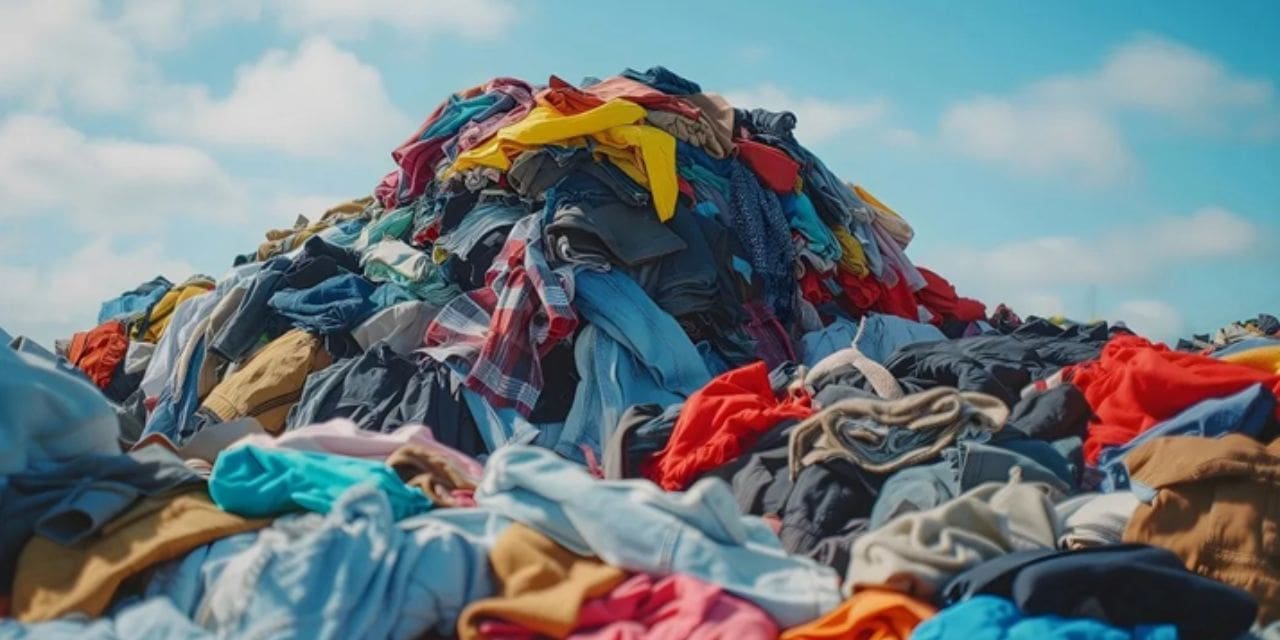The European Council has adopted a “general approach” on the revision of the Waste Framework Directive, with a focus on food and textile waste. The directive for textiles requires member states to collect textiles separately for re-use, preparation for re-use, and recycling by 2025. The new approach may establish specific targets for waste prevention, collection, and recycling of textiles by 2028.
The proposed revision aims to create harmonized Extended Producer Responsibility (EPR) schemes in the fashion industry, requiring brands to pay fees for textile waste management. Microenterprises will be included in the schemes within 30 months of the directive.
Fee levels will be determined based on the circularity and environmental performance of textile products through eco-modulation. Member states can impose higher fees on ‘fast fashion’ companies to incentivize waste prevention. States with more reusable textiles can charge commercial re-use operators lower fees. The directive also aims to reduce food waste by 2030, with targets including a 10% reduction in processing and manufacturing waste and a 30% reduction in food waste per capita in retail, restaurants, and households.
The general approach to preventing waste in fast fashion and reducing food waste by 2030 is a crucial step towards a more sustainable European economy. Social economy entities, like charities and social enterprises, play a significant role in textile collection systems and will be allowed to maintain their own collection points. To reduce administrative burden, member states can exempt these organizations from certain reporting requirements. Alain Maron, minister of the Brussels-Capital Region, believes the agreement is essential for a more sustainable and circular economy given the resource-intensive nature of the food and textile sectors.
The rotating presidency has begun negotiations with the European Parliament on the directive, with discussions taking place under the new legislative cycle. The European Parliament established its position in March 2024. The EU generates 12.6 million tonnes of textile waste annually, with clothing and footwear contributing 5.2 million tonnes. Only 22% of this waste is currently collected for re-use or recycling. The European Commission proposed revising the Waste Framework Directive in July 2023, focusing on the food and textile sectors to address environmental and climate impacts associated with waste generation and management.

